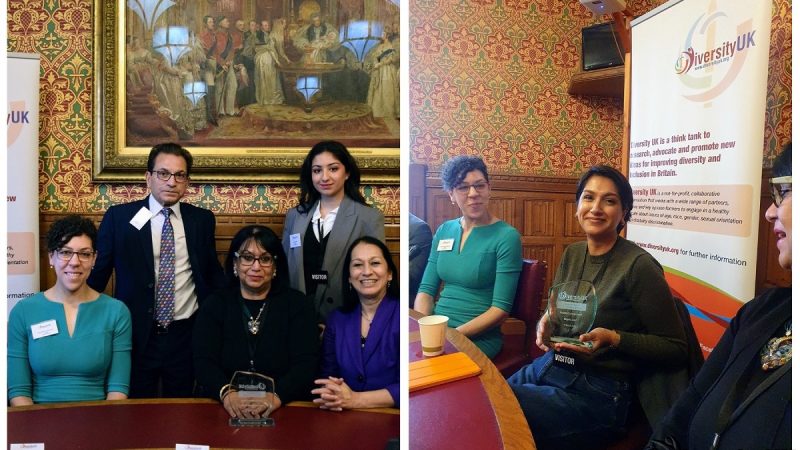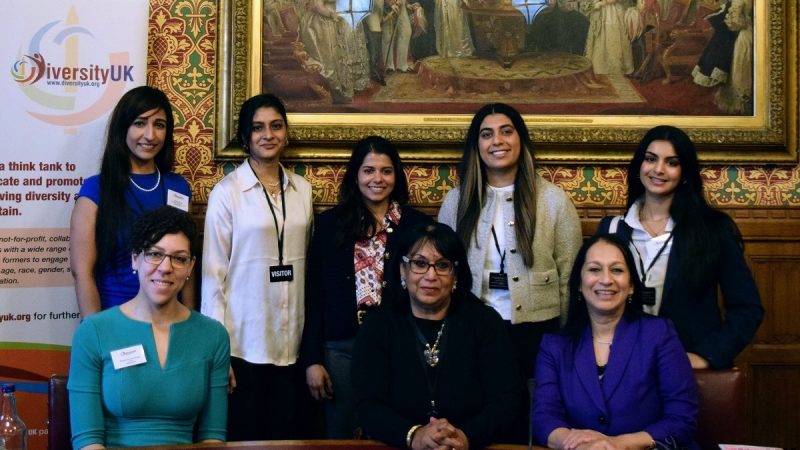Wales committed to Equality Impact Assessments

Equalities Minister
The Welsh Public Sector will continue to carry out Equality Impact Assessments (EIA) when developing its policies, Equalities Minister Jane Hutt said yesterday. Speaking at a Women in Public Life conference the Minister outlined the importance of carrying out EIAs to ensure all policy making and budget decisions are fair and equal.
Jane Hutt said, "Whilst I appreciate a need to be efficient in our decision-making, I do not believe that this can be achieved by taking steps backwards. To ensure a strong future for the people of Wales, it is vital that we take into consideration the needs of all individuals from the very first stage of any policy-making and budget decision.
"The Equality Impact Assessment itself is just the mechanism for evidencing our due regard for the equality of the protected characteristics in Wales. We publish the EIAs for all to see on the Welsh Government website, demonstrating the transparency in Welsh Government decision-making.
"Our commitment to assessing the impact of our decisions is intended to make our communities, businesses and local economies stronger, by ensuring that the needs of individuals are given due regard when we do so."
About Equality Impact Assessments
An equality impact assessment involves assessing the likely or actual effects of policies or services on people in respect of disability, gender and racial equality. It helps us to make sure the needs of people are taken into account when we develop and implement a new policy or service or when we make a change to a current policy or service.
Procedures are built into the Department’s policy development and change management activities and consist of two stages.
Stage 1 – deciding if you need to do an equality impact assessment
Stage 1 of the equality impact assessment process is a short exercise that involves looking at the overall policy or service and deciding if it is relevant to equality.
Stage 2 – carrying out an equality impact assessment
Stage 2 examines in detail the proposal to find out what kind of equality impact there might be and which groups of people it will affect most. There are 8 steps in the process:
- Step 1 – identify the purpose of your policy or service.
- Step 2 – assess the impact using information and evidence.
- Step 3 – remove or reduce a negative impact.
- Step 4 – make sure the policy or service promotes equality.
- Step 5 – arrange to monitor and evaluate the policy or service.
- Step 6 – sign off the equality impact assessment.
- Step 7 – arrange to publish the equality impact assessment.
- Step 8 – review the policy or service and update the equality impact assessment.




